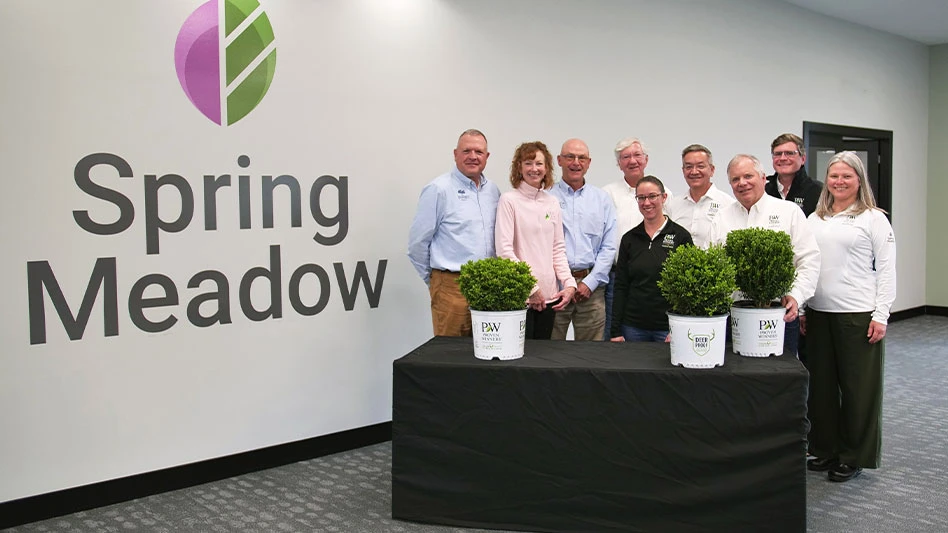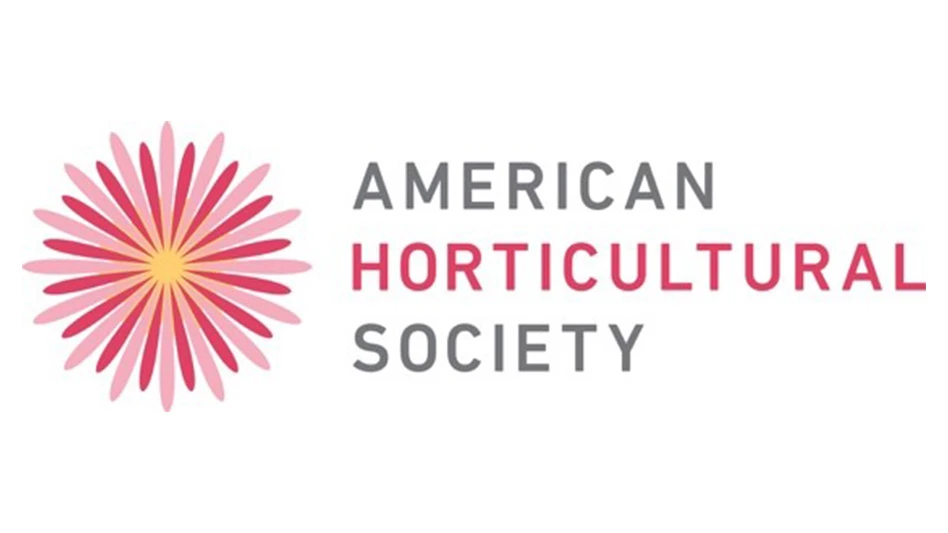SACRAMENTO, Calif. – To help control the spread of the Asian citrus psyllid in nursery stock, a California agency has implemented an educational campaign to encourage best practices and education.
In collaboration with the University of California Cooperative Extension and the Department of Entomology at UC Riverside, the Citrus Pest & Disease Prevention Program (CPDPP) has developed materials designed to encourage nurseries to use best practices when working with citrus nursery stock to avoid spreading the Asian citrus psyllid. CPDPP will partner with trade associations – such as the California Citrus Nursery Society, California Association of Nurseries and Garden Centers and Master Nursery Garden Centers – to distribute the information, and offer in-person or online training programs.
“The nurseries serve as the front line when it comes to communicating with homeowners about the threat of the Asian citrus psyllid,” said Victoria Hornbaker, citrus program manager, California Department of Food and Agriculture. “They play a critical role in helping homeowners keep backyard citrus trees psyllid free, and it is imperative nurseries and garden centers throughout the state follow best management practices.”
The outreach campaign highlights best practices such as arranging citrus trees to encourage the sale of “older” plants first, avoiding removing new flush, which results in regrowth and properly disposing of citrus green waste – all actions proven to minimize the likelihood of Asian citrus psyllids in nursery stock.
The effort also focuses on what nursery staff should tell homeowners about the Asian citrus psyllid and ways to prevent its spread, and offers treatment protocols as suggested by the University of California. Nursery staff are also encouraged to take the University of California’s Asian citrus psyllid and HLB online course at http://class.ucanr.edu to maximize their knowledge of this important topic.
“Our research shows that consumers look to their local nursery for information and guidance on how to manage and look for the Asian citrus psyllid,” said Hornbaker. “Our hope is to arm nursery staff with the information they need to effectively support the fight to control the spread of the psyllid and HLB.”
To order or download a copy of the nursery education materials to share with your local nursery, visit CitrusInsider.org/Resources.
For more information about Citrus Pest & Disease Prevention Program efforts, and to sign up for regular updates on the latest industry news surrounding the Asian citrus psyllid and HLB, visit CitrusInsider.org.
Latest from Nursery Management
- The HC Companies, Classic Home & Garden merge as Growscape
- Terra Nova releases new echinacea variety, 'Fringe Festival'
- Eason Horticultural Resources will now officially be known as EHR
- BioWorks receives EPA approval for new biological insecticide for thrips, aphids, whiteflies
- Ellen Mackenbach-Lakeman appointed new CEO of Dümmen Orange
- The Growth Industry Episode 3: Across the Pond with Neville Stein
- Southern Garden Tour sets 2025 dates for trial garden open houses
- New book explores plants that thrive in Rocky Mountains




